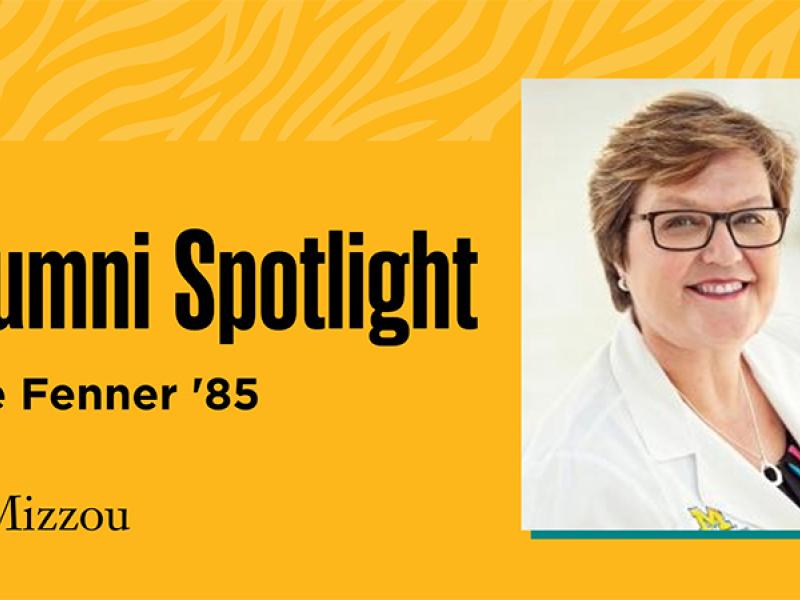After a roller coaster ride of two years of residency, it’s finally time to have a continuous 12-month experience as an outpatient psychiatrist. We are fortunate to have a diverse exposure to various types of clinics, which helps us build our interest in specific populations and settings.
During a typical week, we have a full day of work at the South Providence Psychiatry clinic where we see ten to twelve adult patients in a day, including eight to ten follow up patients and one to two new cases. We treat these patients for the whole year under the supervision of attendings who advise us on medication management.
We spend a day at the Truman VA Hospital where we see nine to eleven veterans with medical comorbidities, TBI, dementia and PTSD as a core condition in most. In the era of telemedicine, we get substantial experience in telepsychiatry through Compass Health Network one to two days a week, as we see patients from underserved locations of the state and inpatient rehabs. We spend half to a full day at the Student Health Center, where we learn about the importance of preventative psychiatry, new onset of Bipolar Disorder, psychosis, eating disorders, ADHD and addiction while having ample autonomy in our patient's treatment. Some residents get the opportunity to follow specialty clinics including Women’s Mental Health, Pediatric Psychiatry Community Outreach (Bridge Clinic) and Neuromodulation Clinics.
Wednesday mornings are dedicated to the care of psychotherapy patients, where we learn to apply the principles of CBT, DBT, Motivational Interviewing and Psychodynamic Therapy. This is followed by lectures on these topics by our therapy supervisors, including Wesley Thompson, PhD, Tiffany Sanford-Martens, PhD and Lindsey Schrimpf, MD. We also participate in group sessions and group therapy to discuss difficult patients and challenging scenarios in a confidential manner. In the afternoon we attend grand rounds and advanced didactics, which include case conferences, journal clubs, psychopharmacology and meetings with chiefs, chairs and our Program Director.
During this year, we work one long call shift on the weekend at our Psych ED as well as one to two short call/evening shifts for which we receive extra compensation, these are referred to as "internal moonlighting".
A few of our residents fast track to the Child and Adolescent Fellowship from our class. While many stay at our own program, some have also gone to UC Davis, Rush University and John Hopkins to pursue their fellowships! We get to engage in research projects and Quality Improvement projects regarding topics of our interest under the guidance of our expert attendings.
Two of our residents are chosen as Chiefs during this year and play an active role in organizing call schedules and a myriad of administrative tasks that ensure our program runs smoothly.
The variety of choices and learning acquired during our 3rd year of training, as well as the opportunities to discover what kind of psychiatrist you want to become is a fascinating experience at Mizzou!
-Akriti Sinha, MD





